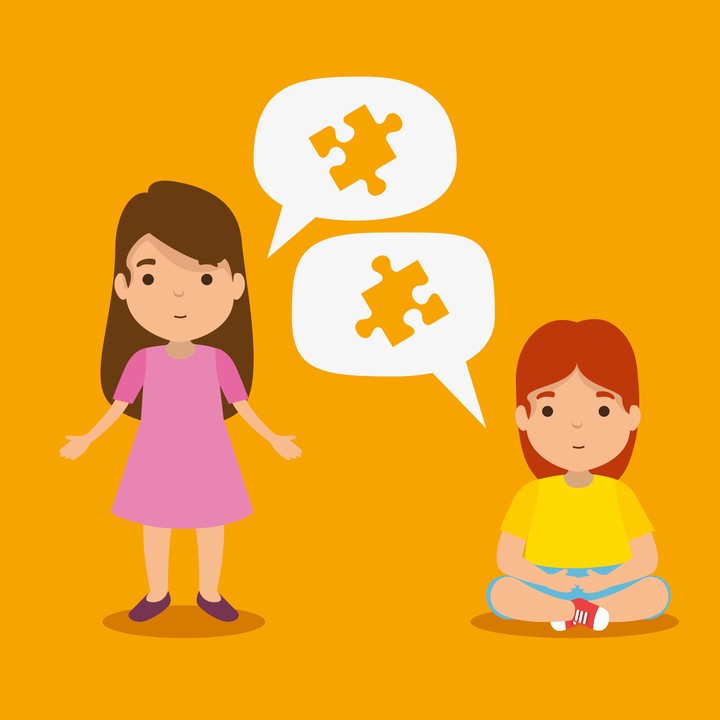 Image credit: Education vector created by studiogstock
Image credit: Education vector created by studiogstockAbstract
We investigated whether theory of mind skills can indicate autism spectrum disorder severity. In all, 62 children with autism spectrum disorder completed a developmentally sensitive theory of mind battery. We used intelligence quotient, Diagnostic and Statistical Manual of Mental Disorders (4th ed.) diagnosis and level of support needed as indicators of severity level. Using hierarchical cluster analysis, we found three distinct clusters of theory of mind ability: early-developing theory of mind (Cluster 1), false-belief reasoning (Cluster 2) and sophisticated theory of mind understanding (Cluster 3). The clusters corresponded to severe, moderate and mild autism spectrum disorder. As an indicator of level of support needed, cluster grouping predicted the type of school children attended. All Cluster 1 children attended autism-specific schools; Cluster 2 was divided between autism-specific and special needs schools and nearly all Cluster 3 children attended general special needs and mainstream schools. Assessing theory of mind skills can reliably discriminate severity levels within autism spectrum disorder.